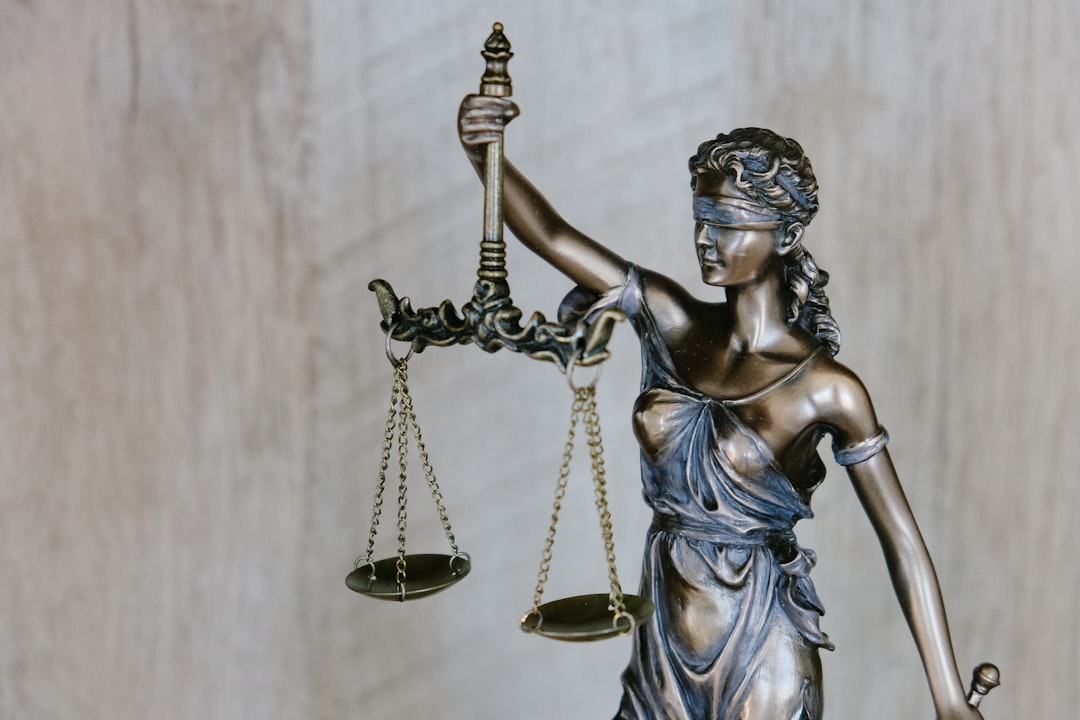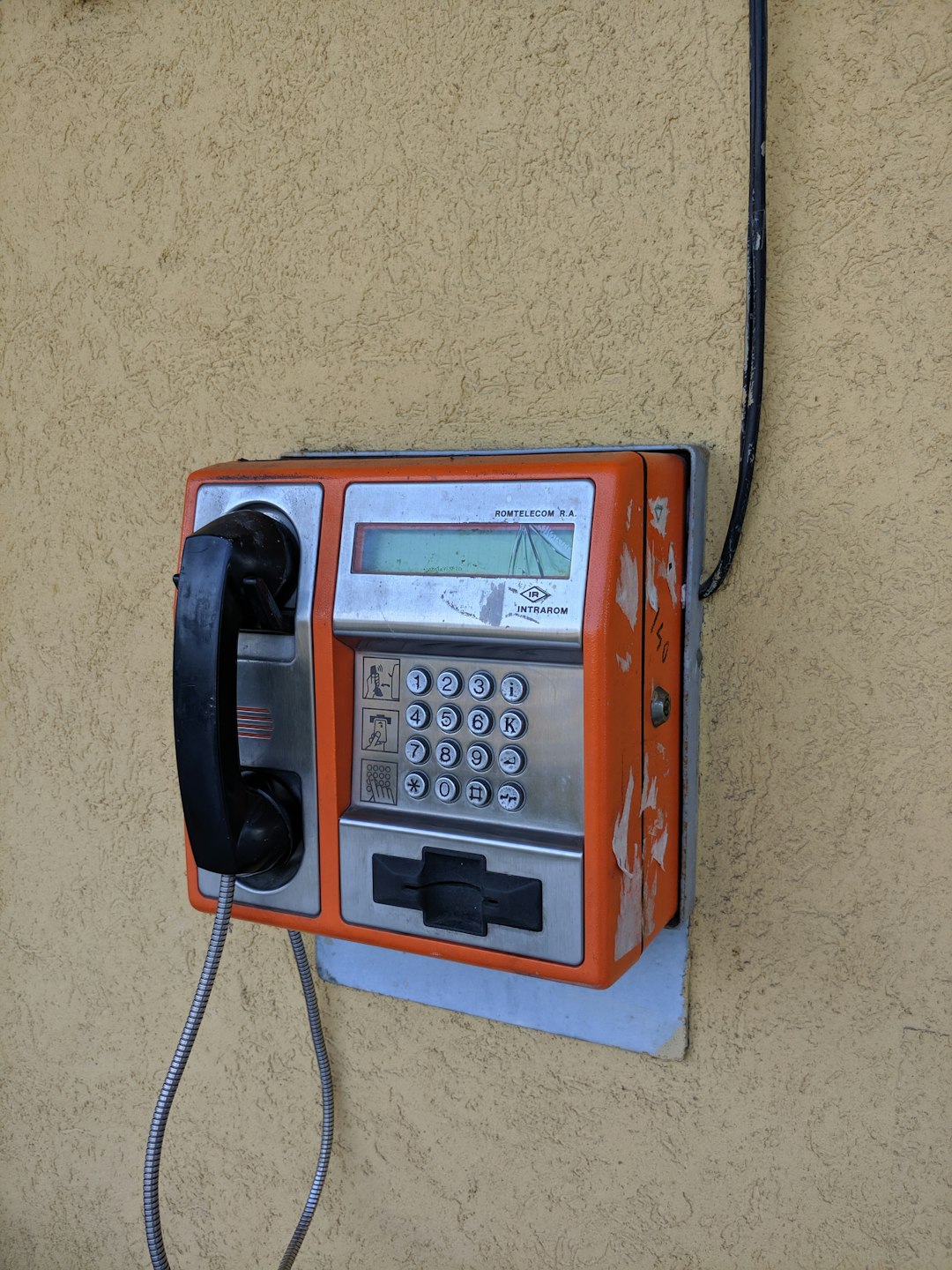Utah veterans are targeted by sophisticated robocall scams, with fraudsters impersonating organizations or fellow service members. Robocall attorneys note an increase in such cases, advising vigilance against high-pressure tactics. Legal protections include the TCPA, and veterans can document calls, send cease-and-desist letters, file BBB/FTC complaints, and consult a robocall attorney Utah for assistance and to safeguard their rights. Reporting suspicious calls blocks them and aids law enforcement.
In Utah, veterans face a new kind of battle: targeted robocall scams that exploit their service. This pervasive issue has led many to seek protection and justice. Understanding these deceptive practices is crucial for Utah’s veteran community. This article delves into the prevalence of robocall scams targeting veterans, explores their legal rights with help from a robocall attorney in Utah, and provides effective strategies to combat and report these fraudulent calls. By arming ourselves with knowledge, we can better protect our nation’s heroes.
Understanding Robocall Scams Targeting Veterans in Utah

In Utah, veterans are often targeted by sophisticated robocall scams, posing as reputable organizations or even fellow service members. These automated calls attempt to deceive vulnerable individuals into providing sensitive personal and financial information. Scammers may claim to offer valuable services or benefits, such as legal aid or loan assistance, specifically tailored for veterans. They exploit the trust that veterans place in certain entities, preying on their honor and dedication to protect their fellow service members.
Robocall attorneys in Utah have noticed a rise in cases where scammers target veterans, preying on their unique circumstances. These calls can be relentless, often using high-pressure tactics to rush veterans into making hasty decisions. Understanding these scams is the first step towards protection. Veterans are encouraged to verify the authenticity of any call they receive and consult with trusted legal professionals if they suspect fraudulent activity.
Legal Rights and Resources for Utah's Veterans Against Scams

Utah’s veterans, like all citizens, have legal protections against deceptive robocalls. If a veteran in Utah receives unsolicited phone calls from telemarketers or scammers, they have rights under federal and state laws. A robocall attorney in Utah can help veterans understand these rights and take action if their calls violate the Telephone Consumer Protection Act (TCPA). This act prohibits automated or prerecorded messages from being sent to phone numbers without explicit consent.
Veterans who suspect they are being targeted by scammers should document the calls, including dates, times, and any identifying information about the caller. A robocall attorney can review this evidence and guide veterans on the best course of legal action, which may include sending cease-and-desist letters or filing complaints with regulatory agencies. Resources like the Better Business Bureau (BBB) and the Federal Trade Commission (FTC) also offer support and guidance for Utah’s veterans facing scammer robocalls.
Effective Strategies to Combat and Report Veteran Robocalls

Veterans in Utah, like many across the country, are increasingly becoming targets of robocall scams, which can be particularly disturbing and frustrating for those who have served their country. To combat this issue effectively, it’s crucial to arm yourself with knowledge and tools. One powerful strategy is to stay informed about common scam tactics used by robocallers targeting veterans. This includes being wary of unexpected calls claiming to offer benefits or services in exchange for personal information.
If you suspect a call is fraudulent, don’t hesitate to report it. Many phone companies have built-in mechanisms to block such calls, and reporting them can help law enforcement track and prosecute scammers. Additionally, consider seeking assistance from a robocall attorney Utah if you’ve fallen victim to a scam or believe you have valuable information about suspicious activity. These professionals are equipped with the legal knowledge needed to navigate these complex situations and protect your rights as a veteran.






